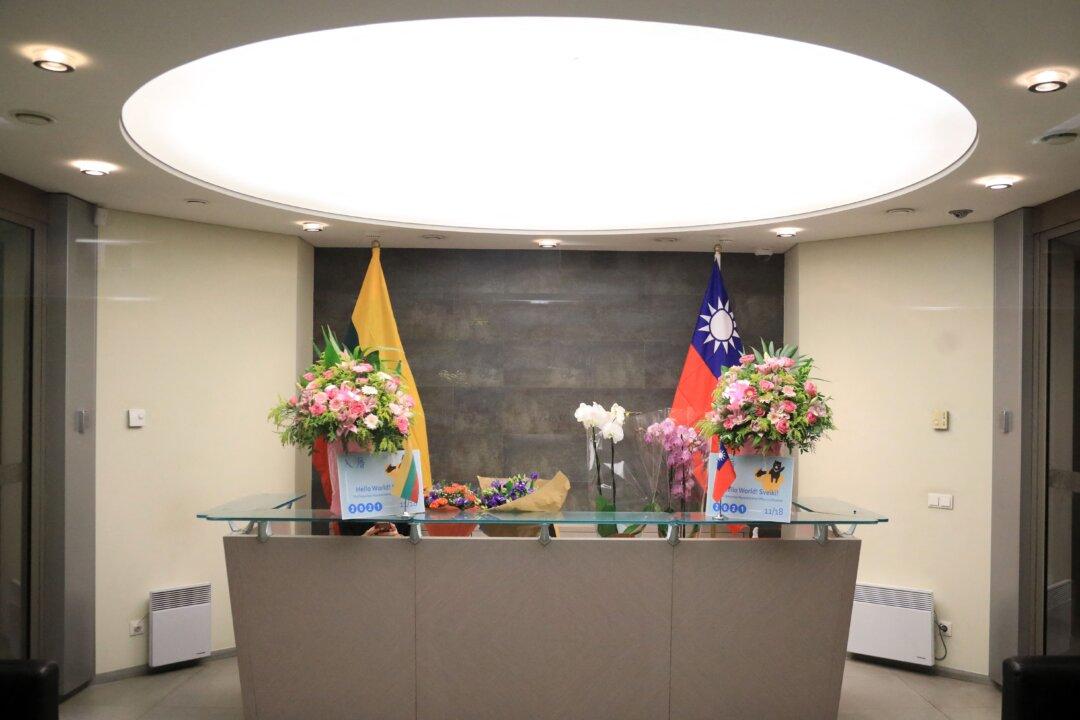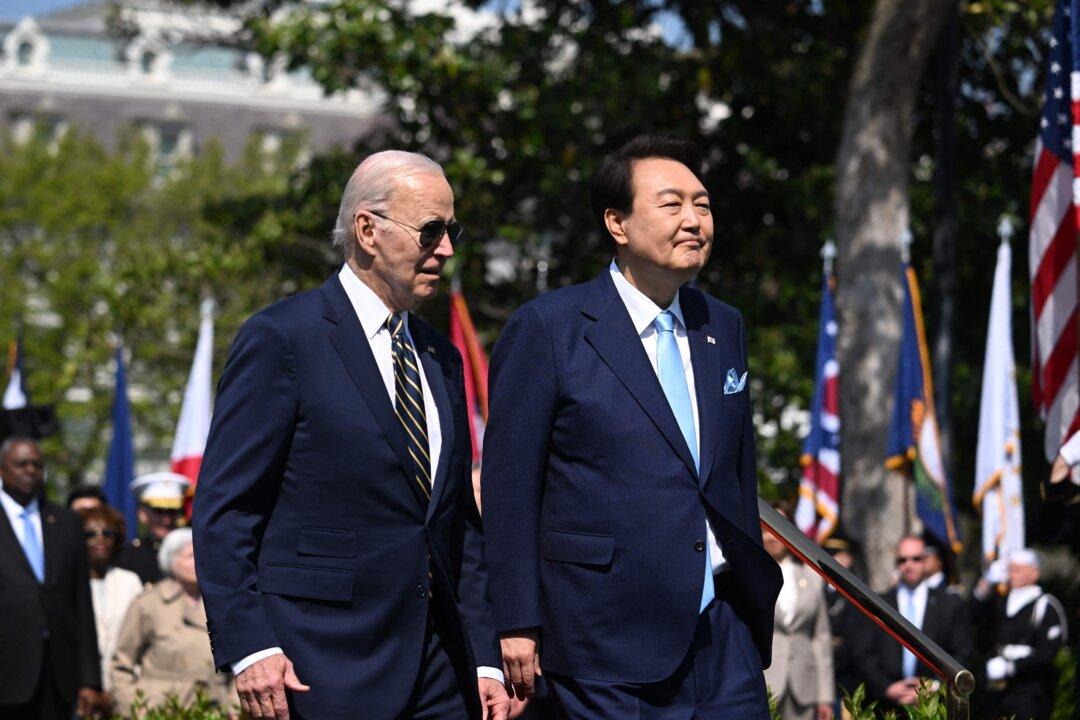Commentary
Mao Zedong wrote a short document called “A Single Spark Can Start a Prairie Fire” on Jan. 5, 1930, stating his belief that communism would spread like wildfire. As a result, the Chinese Communist Party (CCP) is extremely sensitive to anyone or any country that questions or criticizes its carefully crafted propaganda, especially anyone who challenges the “forbidden” concept of an independent democratic Taiwan.





